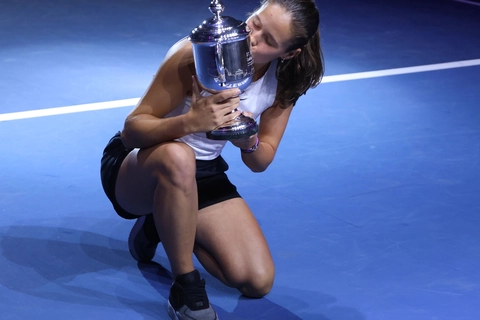Leaders often emerge from modest backgrounds, with their early lives offering glimpses into the influences that shape their decisions later on.
Vladimir Putin’s journey from a working-class childhood in Leningrad to becoming a global figure mirrors this narrative.
His transformation is deeply tied to Russia’s identity and the image it seeks to project to the world.
A Guardian of Tradition
Recent reports suggest that Putin requested Patriarch Kirill, the leader of the Russian Orthodox Church, to engrave his initials on chains for crosses distributed to soldiers.
This move blends religious and political symbolism, portraying Putin as both a guardian of tradition and a leader for the nation, according to Digi24.
This marks a notable change in how Putin presents himself. In earlier years, he avoided the trappings of a personality cult.
His leadership focused on practical achievements rather than personal glorification.
For instance, during his 2012 presidential campaign, he deliberately chose not to feature his image on promotional materials, reflecting a restrained approach to self-promotion.
In recent years, this approach has shifted. Since the start of the war in Ukraine, Putin has aligned himself with Russia’s historical and spiritual legacy.
By associating with figures such as St. Vladimir, a symbol of unity in Russian history, Putin seeks to strengthen his role as both a political and cultural leader.
The Russian Orthodox Church has become central to this strategy.
Clergy members have taken on roles in schools and media, integrating the church’s influence into broader public life.
Many observers see this as a way to reinforce Putin’s support base during uncertain times.
Critics argue that this blending of religious and political imagery serves to consolidate Putin’s power.
While his actions aim to connect his leadership to Russia’s rich history, they also raise questions about the balance between state and church, and the impact of this alignment on Russian society.



















